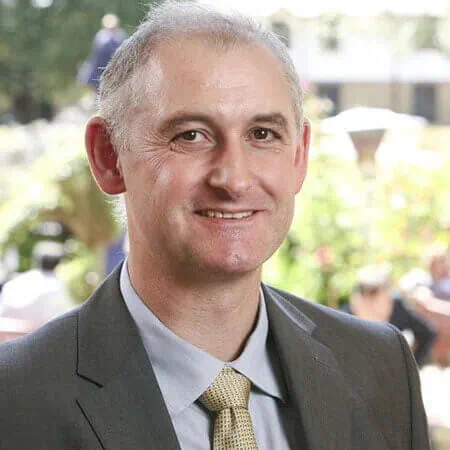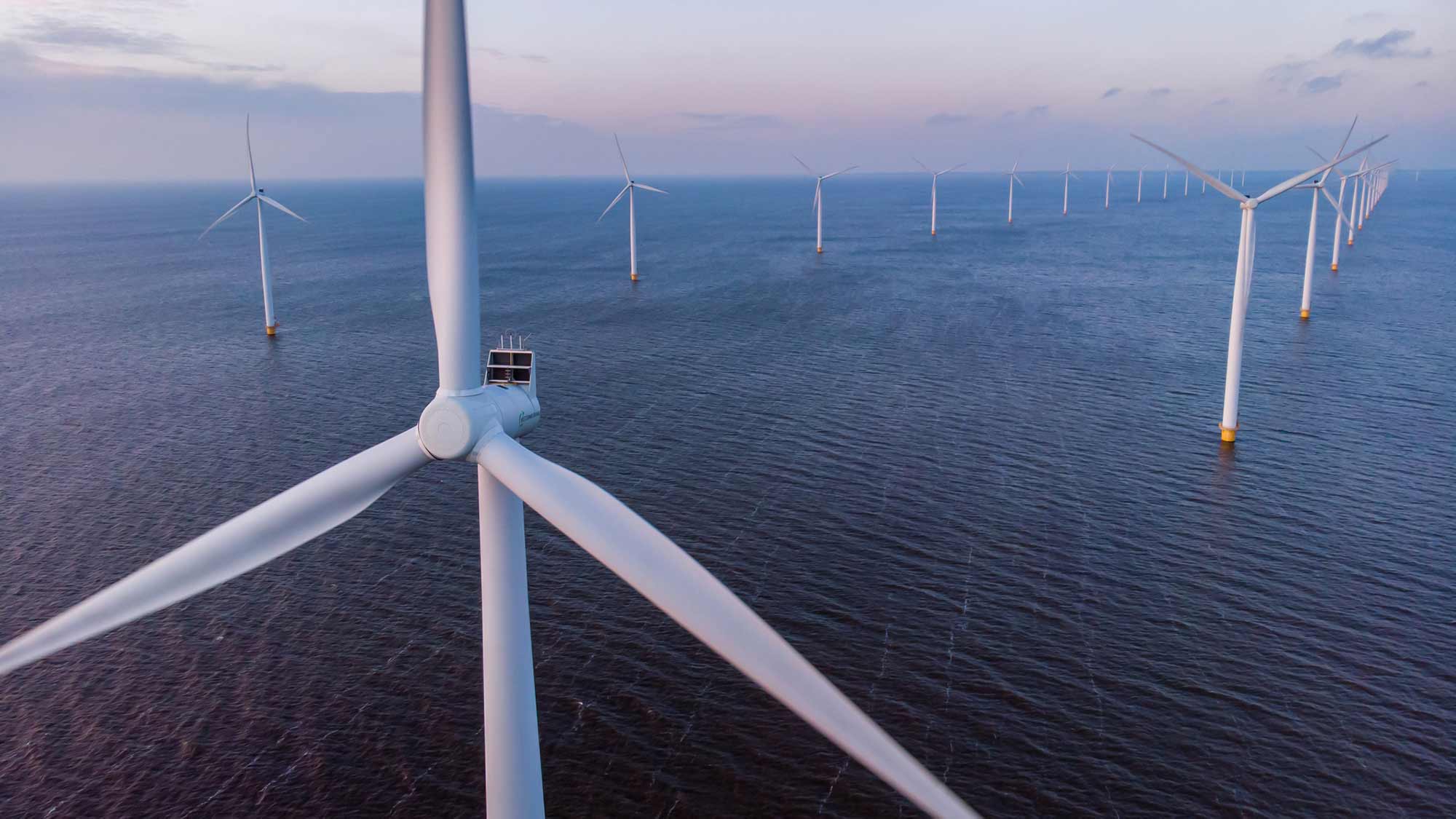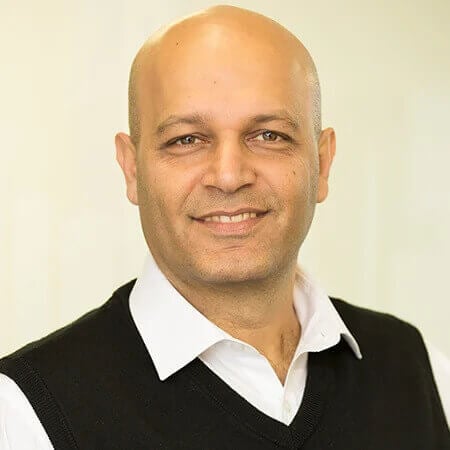Cleaner energy
Accelerating the transition to clean energy
Replacing fossil fuels with zero carbon and low emission alternatives is an urgent priority for all economies and sectors.
Scroll to learn howSorry, it looks like there are no results for
Replacing fossil fuels with zero carbon and low emission alternatives is an urgent priority for all economies and sectors.
Scroll to learn howEnergy sector decarbonisation is the essential first step for any nation, city or organisation seeking to achieve its net zero goals. It represents the fastest and most lasting route to reducing total greenhouse gas emissions.
At the same time, the process creates a foundation for emission reduction across a whole economy, allowing sectors such as industry, transport and housing to speed up and deepen their own decarbonisation.
Transforming our energy systems is fundamental to global climate action. To prevent extreme climate change, every country needs to decarbonise its energy sector as rapidly as possible.
 Alan Thomson
Global Energy Leader
Alan Thomson
Global Energy Leader

We have developed solutions to help operators extend the life of offshore windfarms using intelligent monitoring and a digital approach, while also reducing maintenance costs.
The global energy transition is well underway. Its complexity requires coordinated action across governments, business, and communities. While the technical detail of each energy transition is unique, the strategic and technological options are known and largely available.
Whether it is integrating renewables and green hydrogen within an existing energy distribution network, decommissioning fossil fuel generation, repurposing assets, or designing digitally driven smart grids and virtual battery storage systems, there are cost effective routes to decarbonisation available today.
Completing the global energy transition requires an integrated approach, spanning sector-specific engineering and technology and backed by sound commercial, policy and organisational planning.
The energy transition requires swapping out fossil fuels as the primary source of electricity generation and replacing them with renewable sources. It also involves expanding electricity generation capacity to meet growing demand, driven by related changes like the electrification of transport and other sectors and the growing affluence of populations.
Arup is active in every part of the renewable energy market, designing and optimising offshore wind farms in North America, Europe, and Asia, developing hydrogen strategies in the UK, Chile and Australia, and planning solar photovoltaic (PV) capacity worldwide.
Energy storage is central to decarbonisation, enabling short- and medium-term balancing of systems and bridging between the intermittency of renewable energy generation and increasingly dynamic consumer demand.
Arup’s digital specialists are working with energy operators and networks worldwide to plan the structure and operation of the digitally-managed battery storage networks of the future.
We have also developed digital modelling tools to allow asset owners to understand their energy demand in detail and to develop approaches that will guarantee security of supply and to assess the amount of renewable energy generation and battery storage they require to decarbonise their energy demand. This is part of our wider approach to building asset and city-scale resilience.
The changes required to achieve an energy transition bring new risks to manage and mitigate. For energy generators and operators, developing commercially viable, safe and resilient plans for introducing new generating capacity or to redesign existing distribution networks naturally brings challenges. We map these risks and their interdependencies, ensuring change programmes are successful: technically, financially, and culturally within organisations.
Rotterdam’s energy transition is progressing, with its energy generation, distribution and storage likely to become more complex, diverse and decentralised over time. We are working with city leaders to develop a resilience framework that will allow it to design a net zero energy network that the city can have confidence in, assessing risk factors such as extreme weather events resulting in blackouts and the threat of cyber-attacks on smart grids.
As nations and regions overhaul their energy policy and regulatory regimes to facilitate decarbonisation, the local energy markets will undergo modernisation.
Our specialists advise on green finance mechanisms, supply chain maturity, regulatory and policy alignment, material availability, and behaviour change.
In Scotland, we have explored hydrogen’s potential integration within the energy sector. Our economy-wide scenario mapping looked at every implication of hydrogen implementation, from market development to socio-economic impacts.
With the energy sector undergoing such transformation, many new players are entering the market and the acquisition or transfer of asset portfolios is on the agenda for many investors.
Our Advisory Services team include experts in the sale or purchase of energy assets, supported by colleagues with rigorous technical due diligence and change management skills.







